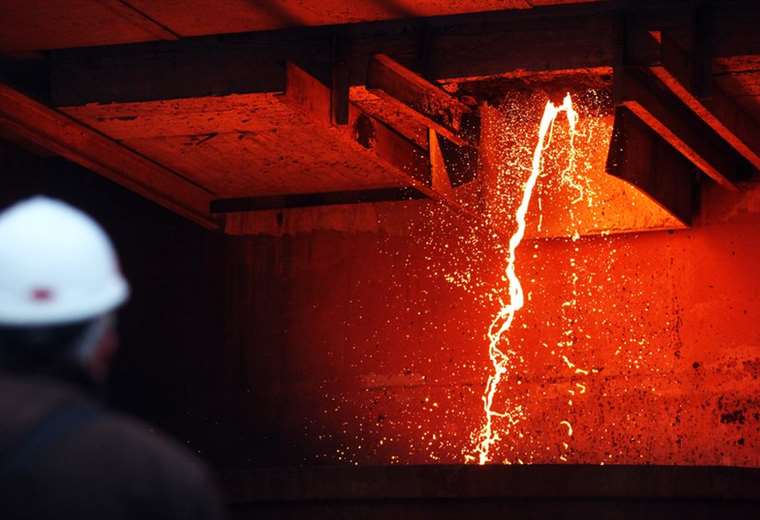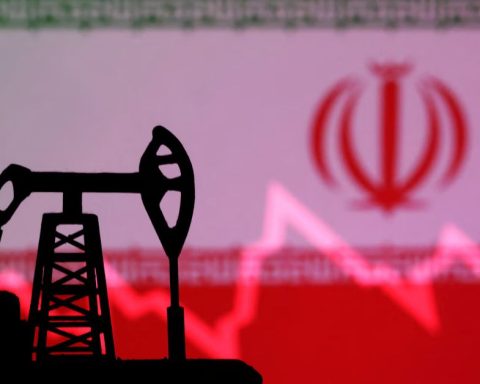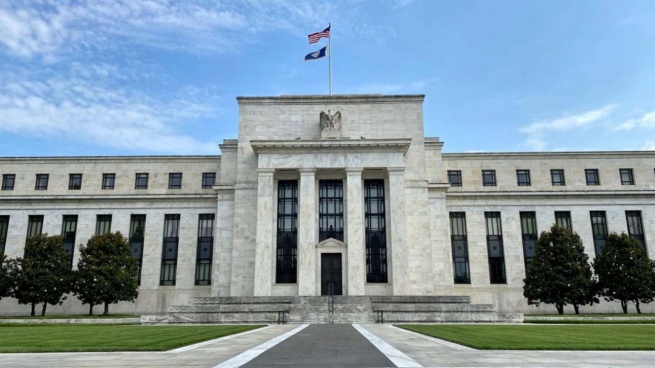July 26, 2022, 9:28 AM
July 26, 2022, 9:28 AM
Fears of a global economic recession are hitting the price of copper, a metal economists use as an indicator of global economic direction.
The fall in its price (close to 30% from its maximum in March) could “advance” what is coming in the future, because copper is used in so many industries, that when its demand decreases, concern about a drop in global industrial activity increases.
Copper is an essential metal in the energy sector, transportation, electrical networks, telecommunications, construction, health and in all the technological devices that we use daily, such as cell phones and computers.
As this metal allows experts to make projections about industrial activity, it has been baptized as “Dr. Copper”.
“Dr. Copper is in the hospital”, Ben Laidler, Global Markets Strategist at the consulting firm eToro, has pointed out.
“Copper prices have slumped by a third from their March peak, twice the broader drop in commodities, under the weight of growing recession fears, a struggling Chinese recovery and a rebounding US dollar. “, Laidler tells BBC Mundo.
Despite the above, he adds, “long-term prospects remain optimistic.”
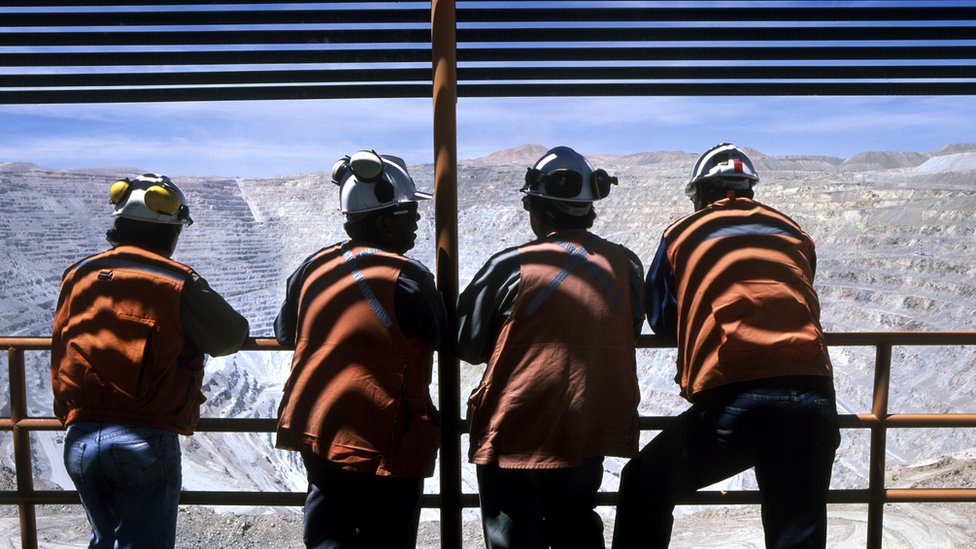
In Latin America, the main exporters of copper are Chile and Perucountries that generate 40% of world production.
And as the metal has reached its lowest price in nearly 20 months, there is concern in those countries about the impact that the collapse may have on their economies.
The following are three reasons that help explain the fall of the red metal in the international market.
1-Recessional winds
Market operators are anticipating difficult times. In the current situation, one of the main fears is that a potential recession in The United States ends up dragging a good part of the world economy.
“These expectations come from the difficulty that the authorities have had to maneuver in an environment of high inflation and low growth.“, explains Juan Carlos Guajardo, founder and executive director of the strategic analysis company Plusmining and former director of the Chilean Copper Commission (Cochilco).
The increase in interest rates is a tool used to control inflation, but it has a cost: it reduces growth.
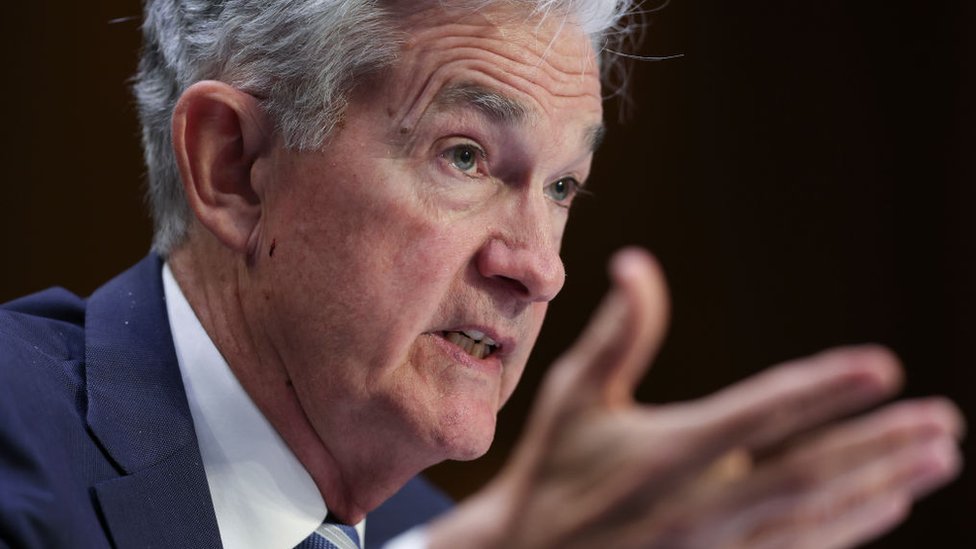
That’s why the United States and many other countries are torn between what to do to stop the rise in the cost of living while supporting economic growth.
For now, the Federal Reserve (equivalent to the Central Bank of other countries) is expected to continue raising interest rates (the cost of money) during this year.
Added to this scenario is the energy crisis in Europe (derived from the war in Ukraine), which further complicates the prospects for this 2022.
2-Slowdown of the Chinese economy
The second quarter was not good for the Chinese economy. The indicators that reflect the economic health of the Asian giant showed the effects of the restrictive covid-zero policies applied by the Xi Jinping government.

The Gross Domestic Product (GDP) grew just 0.4%, its slowest pace in two and a half years. The strict confinements in different parts of the country, and particularly in Shanghai – the financial heart where the largest cargo port in the world is located – took their toll.
The negative impact of this policy on exports and consumption precipitated a slowdown that had been affecting the Chinese economy.
In addition, doubts persist about the impact that the housing market crisis may have and how it may affect the strength of the dollar.
3-Impact of industrial and storage cycles
“The demand for durable goods has begun to relax,” says Guajardo in a dialogue with BBC Mundo.
We are talking about goods that, once acquired, can be used a large number of times over time, that is, they are not consumed quickly. Among them, cars, furniture, appliances or homes.
On the other hand, there is the storage cycle that refers to the amount of inventory that companies have.
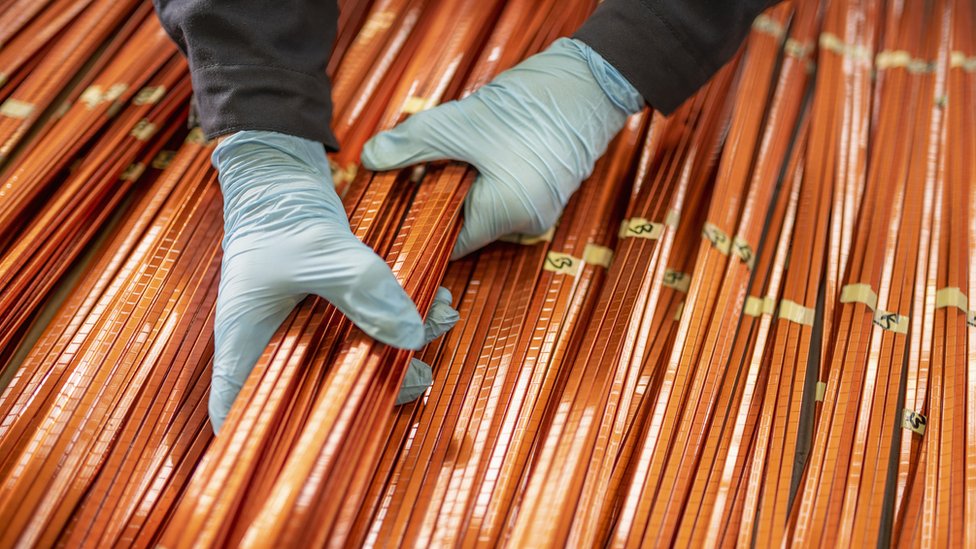
The start of the war in Ukraine caused inventories to grow due to the fear that the war could take on large dimensions.
Basically, when there is fear, you save.
“But as the prospects now point to the war being a long-term conflict, many looking to reduce their inventories“, says the economist.
Another relevant factor is that the investment funds that manage gigantic capital have “very high short positions”something that in practice means that they bet on lower copper prices compared to what is happening with other raw materials.
Uncertainty
Although the price of copper has fallen close to 30% in recent months (with a sharper drop starting in June), experts believe that, looking towards the end of the year, the average price is likely to be positive.
Everything depends on the evolution of the international economy because it is impossible to predict exactly how much the US will raise interest rates, how much China will contract, what will happen to the energy crisis in Europe and whether the forecasts of a recession will come true.
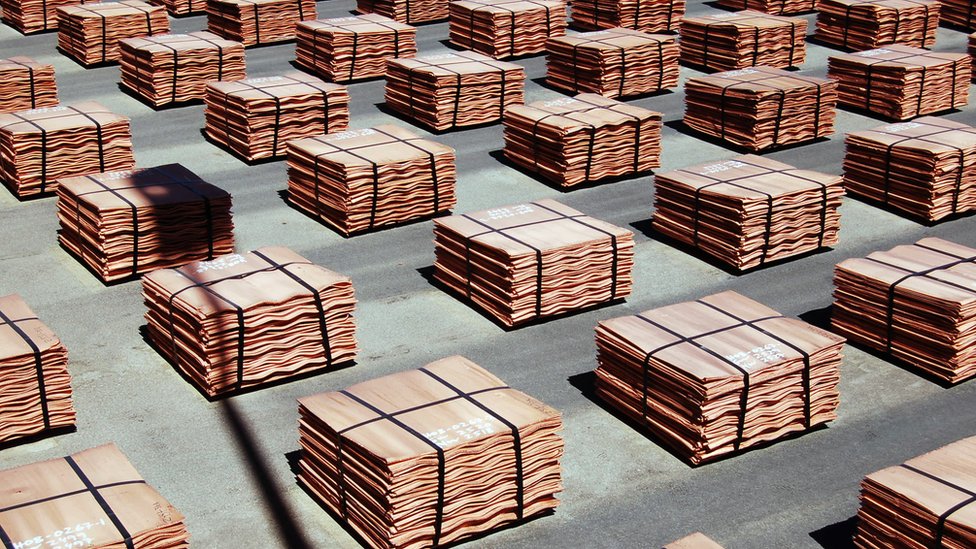
The great strength of the dollar against many currencies in the world does not help either, something that is also hitting Latin American currencies hard, especially in countries like Argentina, Chile and Colombia.
In the long term, experts point out, it is expected that there will be a greater demand for the metal red against the background of energy transition towards the use of renewable energies that require intensive use of copper, thanks to its unique combination of high conductivity and relatively low cost.
Now you can receive notifications from BBC World. Download the new version of our app and activate it so you don’t miss out on our best content.
